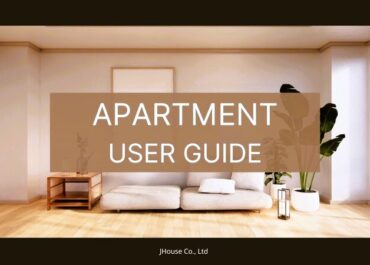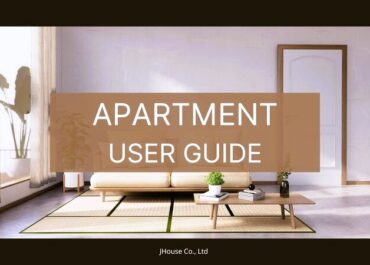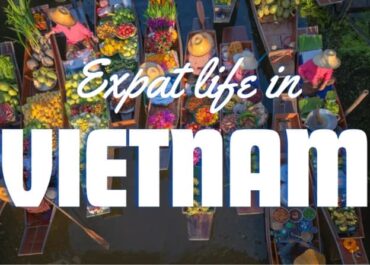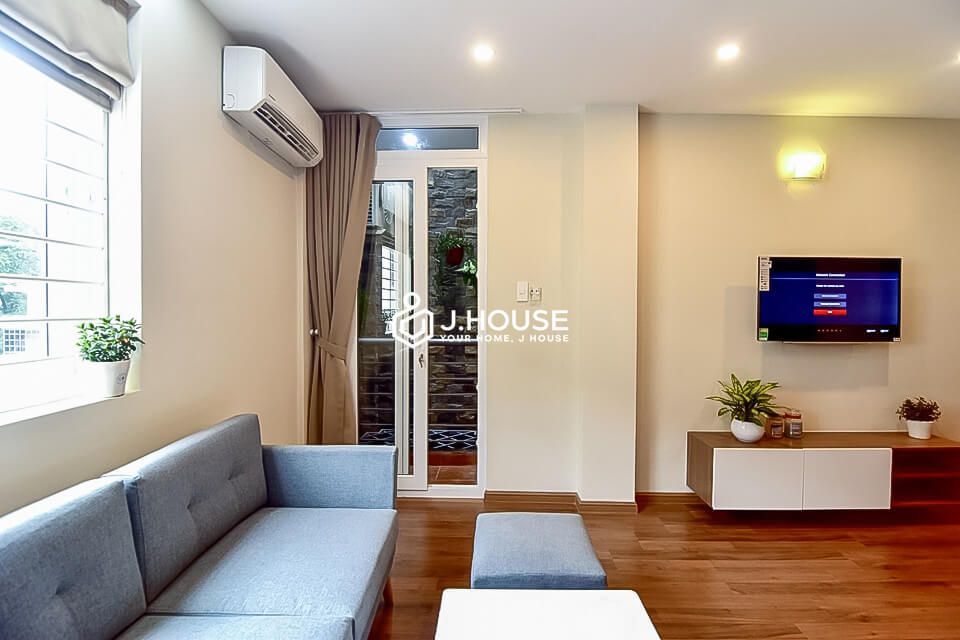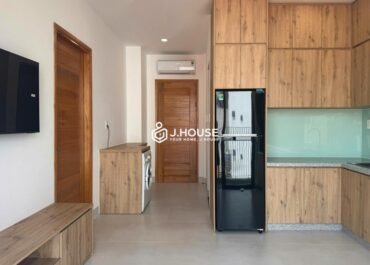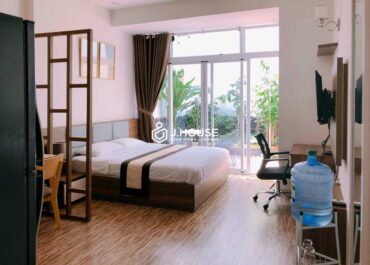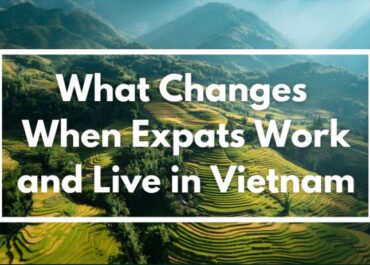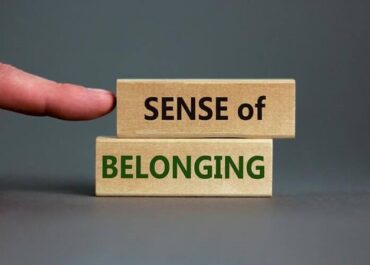Latest Properties
Long-Term Living in Vietnam: A Settling Guide for Expats & Families
Long-Term Living in Vietnam Starts Here
Long-term living in Vietnam isn’t just an extended vacation — it’s a conscious decision to build something real. From dynamic cities to peaceful coastlines, Vietnam is no longer a stopgap for travelers but a thriving home base for professionals, families, creatives, and retirees alike.
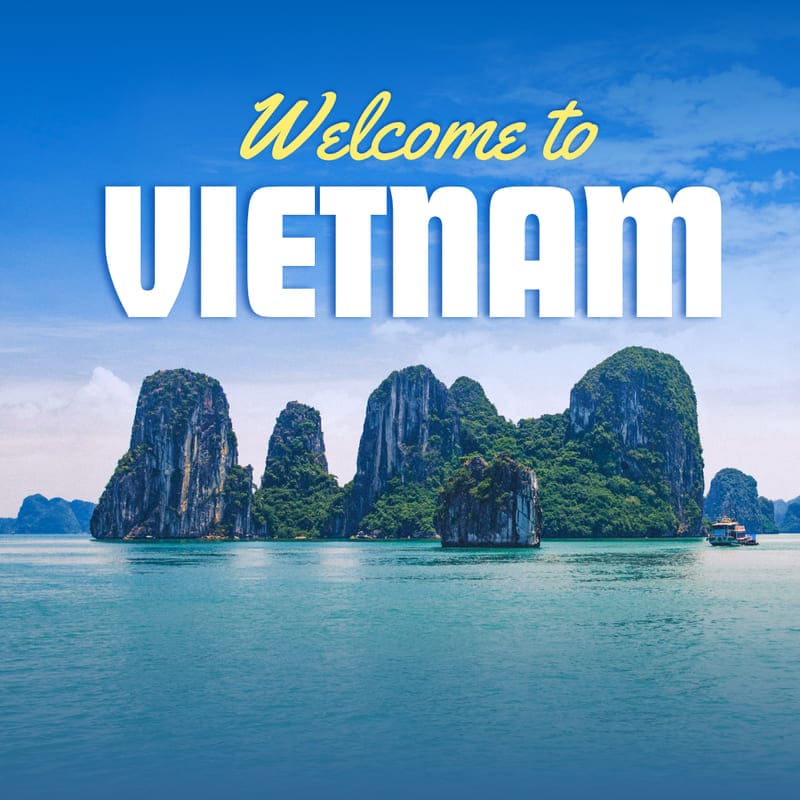
Affordable living, expanding infrastructure, and a deep cultural soul make it one of Southeast Asia’s most compelling places to stay — and stay long.
But turning a new country into your home takes more than good intentions. It takes strategy, local insight, and the right foundation. Whether you’re here for career growth, family life, or personal reinvention, this guide is your roadmap to not just settling — but thriving. From legal logistics to lifestyle choices, we’ll walk you through what it truly means to live — and live well — in Vietnam.
A Mindset Shift: From Visitor to Resident
Long-term living doesn’t start with a visa — it starts with a shift in mindset. You’re no longer a visitor passing through; you’re shaping a life. That means letting go of comparisons, embracing new rhythms, and redefining what “home” means to you in this context.
Living well in Vietnam isn’t about recreating your old lifestyle — it’s about building something better, right where you are. That journey begins with asking yourself:
- What does a fulfilling life in Vietnam look like for me?
- Am I seeking community, opportunity, stability — or all of the above?
- How can I grow while contributing to the place I now call home?
Answering these honestly is what transforms relocation into belonging. That’s the mindset that carries you from settling in… to truly settling down.
Read more: Step-by-Step: How to Settle in Vietnam as a New Expat
1. Visa, Work Permit & TRC: Secure Your Legal Foundation
The foundation of long-term living isn’t housing or banking — it’s legal stability. Vietnam offers several visa options, but choosing the right one isn’t just paperwork — it’s a strategic decision that affects every part of your life here.
Pick wisely, and you’ll unlock smoother banking, housing, and residency processes. Pick carelessly, and you may find yourself stuck in a loop of visa runs and missed opportunities.
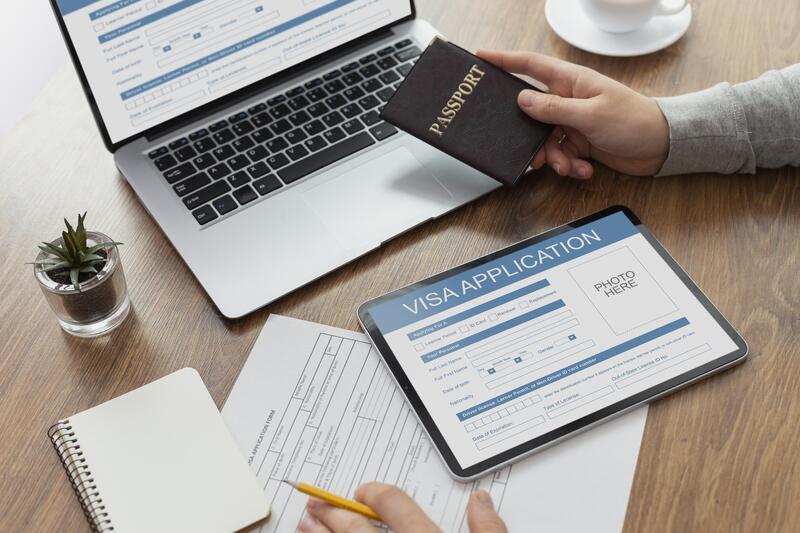
Here are the most common pathways for long-term expats:
- Work Visa (LD) + Work Permit: For professionals employed by Vietnamese companies.
- Investor Visa (DT): For those setting up or investing in businesses.
- Family Visa (TT); For spouses or dependents of Vietnamese citizens.
- TRC (Temporary Residence Card): Grants 1–5 years of renewable stay with fewer hassles.
Note: Immigration rules shift quickly. Work with a licensed agent or legal advisor to future-proof your stay.
Read more: Long-Term Visa, Work Permit & TRC in Vietnam: What You Need to Know
2. Choose the Right Place to Live: Cities & Neighborhoods that Fit
Where you live shapes how you live. The right city doesn’t just offer amenities — it aligns with your energy, values, and long-term goals. Choose a place that supports the lifestyle you want to build — not just where the rent looks affordable on paper.
Which City Fits You Best?
| City | Ideal For | Strengths | Trade-Offs |
| Ho Chi Minh City | Ambitious professionals, families | Career growth, global schools, vibrant energy | Traffic, noise, air pollution |
| Hanoi | Educators, diplomats, culture-seekers | Heritage streets, lake walks, cooler weather | Slower pace, bureaucratic hurdles |
| Da Nang | Remote workers, retirees | Beachfront living, fresh air, flexible lifestyle | Smaller expat network |
| Hoi An, Da Lat | Creatives, slow-living expats | Artistic charm, peace, affordability | Limited healthcare, fewer jobs |
Tip: Think of your first few months as a scouting mission. Rent short-term, explore deeply, then commit with confidence.
Explore more: Best Districts in HCMC for Long-Term Expats
3. Secure a Home That Fits: Safe, Comfortable, No Guesswork
Where you live isn’t just your address — it’s the emotional stage for your new chapter. Pick the wrong place, and small problems pile up. Pick the right one, and daily life becomes smoother, more grounded, and more you.
Vietnam’s housing market is more flexible and affordable than many expect. Here’s a quick guide to what’s out there:
- Serviced apartments — move-in ready, perfect for newcomers easing in.
- Condos — secure, modern, and well-suited for couples or small families.
- Shared housing — budget-friendly and community-oriented, ideal for solo expats or digital nomads.
- Villas — private, spacious, and perfect for families craving outdoor space and comfort.
At JHouse, we go beyond listings. We simplify the housing journey — protecting you from unclear terms, hidden costs, and communication breakdowns. We help you move in with confidence.
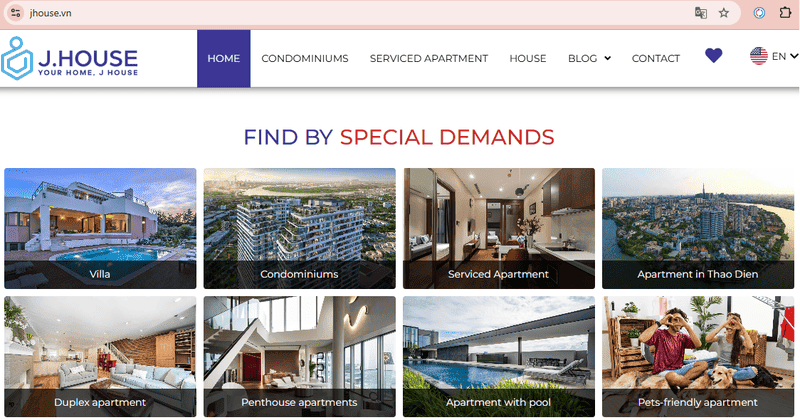
Read more: JHouse – Where Great Homes Meet Great People
4. Build a Budget That Reflects Real Life in Vietnam
Yes, Vietnam is affordable — but affordability without intention becomes waste. The key to staying long-term isn’t cutting costs to the bone — it’s spending with clarity and flexibility.
Here’s a rough monthly estimate (for a single expat in a major city):
| Expense | Cost (USD) |
| Rent (1BR apartment) | $400–$800 |
| Utilities & Internet | $50–$100 |
| Food & Dining | $200–$400 |
| Transportation | $30–$80 |
| Healthcare Insurance | $50–$150 |
Estimated monthly range: $700–$1,500, depending on your lifestyle and location. Higher in expat-focused areas like Thao Dien (HCMC) or Tay Ho (Hanoi).
Living well doesn’t mean living large. A smart budget includes buffer zones — for visa renewals, medical emergencies, weekend travel, or that occasional imported treat. Long-term success isn’t about spending less — it’s about spending right.
Read more: Long-Term Budgeting in Vietnam: Monthly Costs & Smart Saving Tips
5. Healthcare: Stay Protected, Stay Informed
5.1. Healthcare in Vietnam: What Expats Can Expect
Vietnam’s healthcare system is evolving — and that’s good news for expats. While public hospitals have improved in recent years, especially in large cities, challenges like long wait times, limited English support, and complex procedures still make them a tough option for most foreigners. That’s why the majority of long-term expats rely on private hospitals and clinics, where care is faster, service is bilingual, and quality standards often match international expectations.
When you first arrive in Vietnam, finding a nearby clinic feels like enough. But long-term living demands more than urgent care — it calls for a health strategy.

Here are some top-tier facilities trusted by the expat community:
- FV Hospital (Ho Chi Minh City) – French-managed, full-spectrum care with international accreditation
- Family Medical Practice (HCMC, Hanoi, Da Nang) – 24/7 service, expat-focused, English-speaking doctors
- Raffles Medical (Hanoi) – Trusted by embassies and international businesses
- Vinmec & Hoan My (nationwide) – Leading private chains with growing English-language services
Expect to pay $30–$60 per visit. Some clinics offer direct billing, but most require upfront payment — another reason why solid insurance matters.
5.2. Choosing the Right Health Insurance Plan
Health insurance in Vietnam isn’t only about emergencies — it’s peace of mind for real life. Most expats opt for one of these:
- International plans (e.g. Cigna, Allianz): Ideal for families, business travelers, or retirees who want worldwide coverage
- Local expat-focused plans (e.g. Pacific Cross Vietnam): More affordable, reliable for those staying long-term within Vietnam
Before choosing, ask yourself:
- Will I need maternity or dental care?
- Do I travel often or mostly stay in Vietnam?
- Am I covered for chronic or pre-existing conditions?
Long-term stability means being prepared. A thoughtful health plan helps you live boldly — without second-guessing what happens if things go wrong.
Explore more: Healthcare in Vietnam for Expats: Insurance & Hospital Tips
6. Banking & Connectivity: Take Control of Your Daily Infrastructure
As your life in Vietnam shifts from short-term stay to long-term living, it’s time to take ownership of the systems that power your daily life — especially banking and digital connectivity.
Opening a local bank account isn’t just about convenience — it’s about full integration. You’ll typically need:
- Your passport
- A valid visa or TRC (Temporary Residence Card)
- Proof of address or an employment contract (depending on the bank)
Top picks for expats include Vietcombank, ACB, and Techcombank — with wide ATM networks and basic English support. You can also link your account to Momo or ZaloPay for seamless daily payments.

As your needs grow, so should your digital setup. Many start with a prepaid SIM and rental Wi-Fi, but that won’t cut it forever. For reliable access — especially for work or family — upgrade to a postpaid plan and consider setting up your own FPT or Viettel internet line.
Long-term living isn’t about using what’s already there — it’s about building what truly works for you.
Explore more: Open a Bank Account in Vietnam: A Guide for Expats
7. Raise a Family with Confidence and a Global Perspective
Raising kids abroad has never been a simple decision — but in Vietnam, it’s becoming a rewarding one. With a growing network of international schools, family-friendly neighborhoods, and access to both modern amenities and cultural depth, Vietnam is now home to a rising number of expat families.
What makes it work?
- World-class education: From ISHCMC and BIS to UNIS Hanoi, Vietnam offers a wide range of schools following international curricula.
- Ideal neighborhoods: Areas like Thao Dien, District 7, Tay Ho, or An Thuong (Da Nang) provide safety, green spaces, and community support.
- Weekend escapes: Beaches, national parks, and mountain retreats are just a few hours away — perfect for quality family time.
Expat parents often say Vietnam is where their children truly become third-culture kids — growing up global, adaptable, and open-minded.
Read more: Raising Kids in HCMC: Guide for Long-Term Expat Families
8. Find Your Community: Connection Is the Real Lifeline
In the short term, the community helps you settle. In the long run, it helps you thrive.
You can rent a house and get a job — but without a connection, Vietnam won’t feel like home. For long-term expats, community becomes more than a source of company — it becomes your support system, your safety net, and sometimes, your chosen family.
Whether you’re an entrepreneur, a young couple, or a family raising third-culture kids, your experience here will be shaped by the people around you.
Where to begin building a real connection:
- Facebook groups like Expats in HCMC, Hanoi Massive, and Da Nang Expats are great for sharing advice, finding events, or meeting people nearby.
- Co-working spaces such as The Hive, Toong, and CirCO often host talks, socials, and networking nights.
- Apps like InterNations, Meetup, and Bumble BFF are perfect for connecting with people who share your lifestyle or interests.
- Hobby groups and volunteer networks — yoga, hiking, book clubs, charity work — foster deeper, purpose-driven friendships.
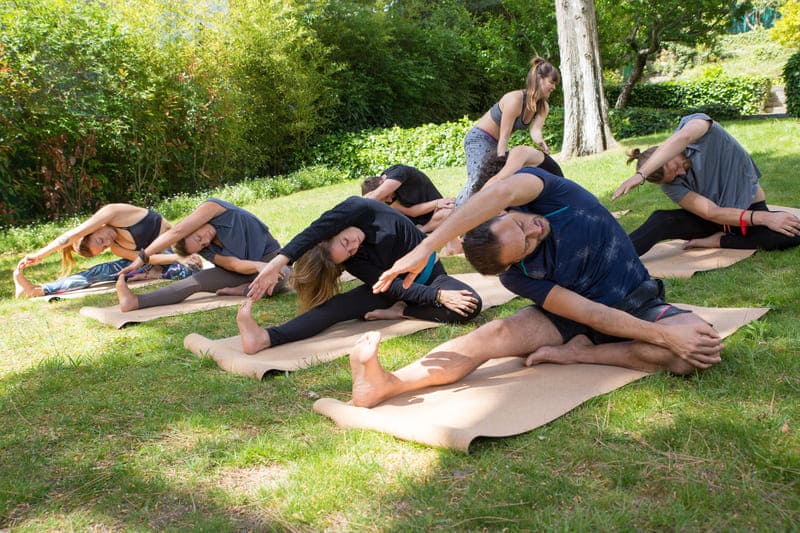
Shared passions spark friendships — but showing up consistently turns strangers into family.
Read more: Finding Your Tribe: Join Expat Communities in Ho Chi Minh City
9. Overcome the Challenges of Long-Term Living
Living abroad isn’t always postcard-perfect — and that’s okay. Even the most seasoned expats face frustration with visa renewals, bureaucracy, language gaps, or cultural disconnects.
But here’s the truth: The longer you stay, the more these obstacles turn into lessons — and those lessons become the foundation of resilience.
How to navigate the rough patches:
- Stay informed: Regulations change often. Subscribe to local expat news or follow embassy updates.
- Ask for help: Don’t hesitate to lean on Facebook communities, visa agents, or bilingual friends.
- Embrace cultural humility: Misunderstandings happen. Lead with curiosity, not judgment.
- Build local relationships: They’ll open doors faster than paperwork ever could.
Challenge is part of the expat path — but so is growth. The hard moments are what transform your stay from temporary to transformative.
Explore more: Long-Term Living in Vietnam: Top Challenges & How to Overcome
10. Think Beyond Renting: Should You Invest in Property?
At some point, many long-term expats ask a deeper question: Is this just where I live — or is this home?
For those ready to deepen their roots in Vietnam, buying property is more than a financial decision — it’s a declaration of belonging.

Yes, foreigners can buy:
- Condos in approved developments (50-year leaseholds, with renewal)
- Landed homes through Vietnamese spouses or company structures (more complex)
But challenges remain:
- Legal grey areas, shifting policies, and foreign ownership quotas
- A need for due diligence, legal clarity, and local insight
Note: Always work with a trusted real estate agent and a local lawyer who understands expat-specific concerns.
Whether or not you choose to buy, just asking the question means something: you’re no longer just passing through — you’re planting roots.
Explore more: From Tenant to Investor: Should Expats Buy Property in Vietnam?
Final Thoughts: From Stay to Belonging
There’s a moment when Vietnam stops being where you live — and starts becoming where you belong.
Long-term life here isn’t just about getting a visa, renting an apartment, or finding the nearest supermarket. It’s about building something lasting: a sense of rhythm, community, and personal meaning.
Whether you’re a solo professional chasing growth, a couple building a future, or a family giving your kids a global childhood — Vietnam has room for your story.
At JHouse, we’ve helped hundreds of expats not just find housing — but feel truly settled. We understand the doubts, the dreams, and the turning points. Our role is to make your home search simple and trustworthy — so you can focus on building a life that’s fully your own.
Let Vietnam be more than your next stop. Let it be your next chapter — and your home.
JHouse Content Team
The in-depth content development team on housing services for foreigners & Vietnamese in Vietnam. The content is simple, easy to understand, and logically arranged to bring readers useful topics and information from real experiences.

